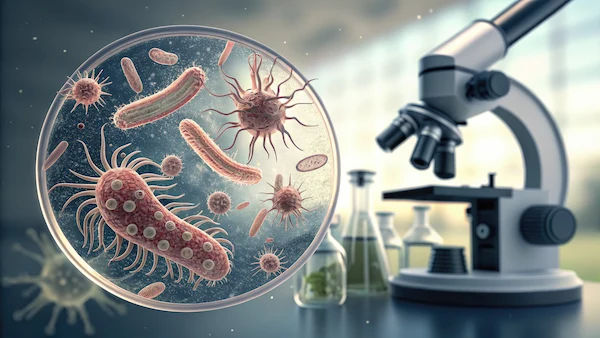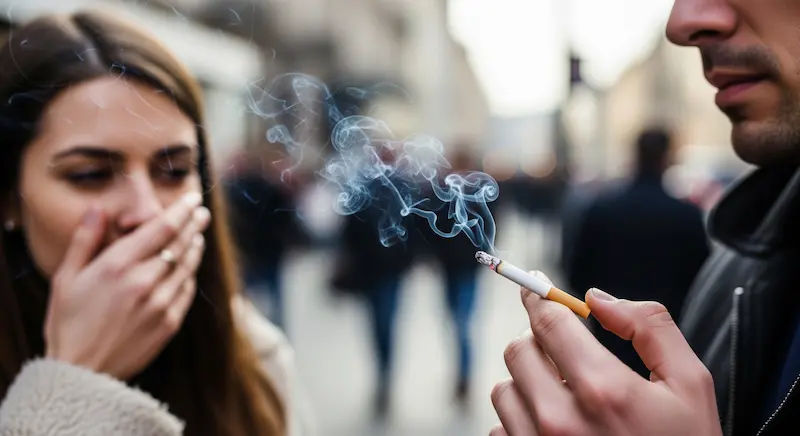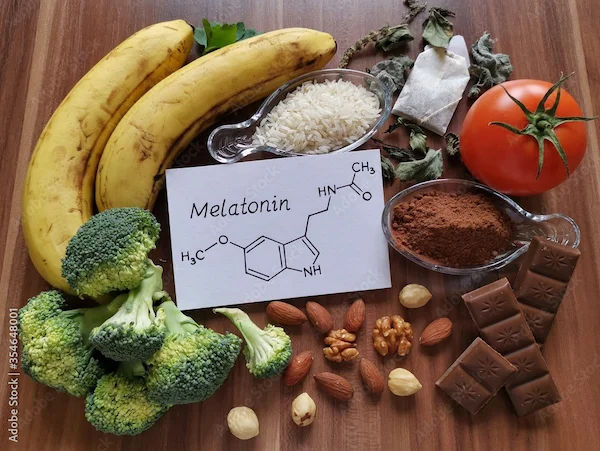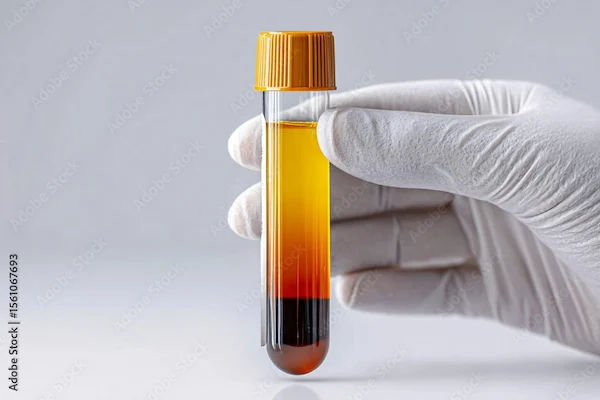- male
- 30 Years
- 29/01/2025
I'm dealing with a cold and a runny nose for the last 15 days, and I've been taking Cheston Cold. It seems to help, but only for a day, and then the symptoms come back. Could you help me understand why this might be happening and what I can do to properly get rid of it? Its getting frustrating!
Answered by 1 Apollo Doctors
Avoid common irritants such as cigarette smoke and sudden temperature changes. Drink plenty of water. Use a humidifier. Try nasal saline sprays or rinses. If the runny nose is a persistent, watery discharge, particularly if accompanied by sneezing and itchy or watery eyes, your symptoms may be allergy-related and an over-the-counter antihistamine may help...take OTC antipyretics along with above... If symptoms persists more than 3 days even after OTC medication consult physician they will help you.
Dr. Ranjith Suggests...
Consult a General Physician/ Internal Medicine Specialist
Answered 25/07/2025
0
0

More General Physician/ Internal Medicine Health Queries
View allI'm dealing with a sore throat that's been persistent for two days now, and I've tried betadine gargles three times a day along with some apple cider vinegar, but nothing seems to be helping. I visited the pharmacy and was given curam 1g to take twice a day for a week, along with clarinase, even though I have no congestion or whiteness in my throat. Should I be taking these medications, or is there something else you recommend? I'm really curious about what the best step forward is.
Curam is a combination of amoxicillin and clavulanic acid, which is commonly used to treat bacterial infections, including throat infections. Additionally, you can continue taking Clarinase as prescribed. Clarinase contains loratadine and pseudoephedrine, which can help relieve symptoms such as throat irritation and congestion. Make sure to complete the full course of antibiotics as prescribed, even if you start feeling better before the 7 days are up. If your symptoms persist or worsen, please follow up with your healthcare provider.
Answered by 1 Apollo Doctors
I'm really concerned about my dad. He's been admitted to the hospital with dengue and typhoid, and his platelet count has dropped to 65,000. They're giving him sodium chloride fluids, ciprofloxacin injections, and Caripill three times a day. I'm just wondering, does this sound like the right treatment for his condition? Is there anything else that should be done?
-I'm sorry to hear about your dad's condition. The treatment seems to include standard care for dengue and typhoid, with fluids and antibiotics like ciprofloxacin. However, platelet count should be monitored closely, and other treatments may be necessary
Answered by 1 Apollo Doctors
I've been dealing with a viral fever and a cold since last night, and I'm not sure what medicine would be best to take. I did have some paracetamol yesterday, but I'm wondering if there's anything else you could recommend?
use cheston cold and dolo650
Answered by 1 Apollo Doctors
Disclaimer: Answers on Apollo 247 are not intended to replace your doctor advice. Always seek help of a professional doctor in case of an medical emergency or ailment.





